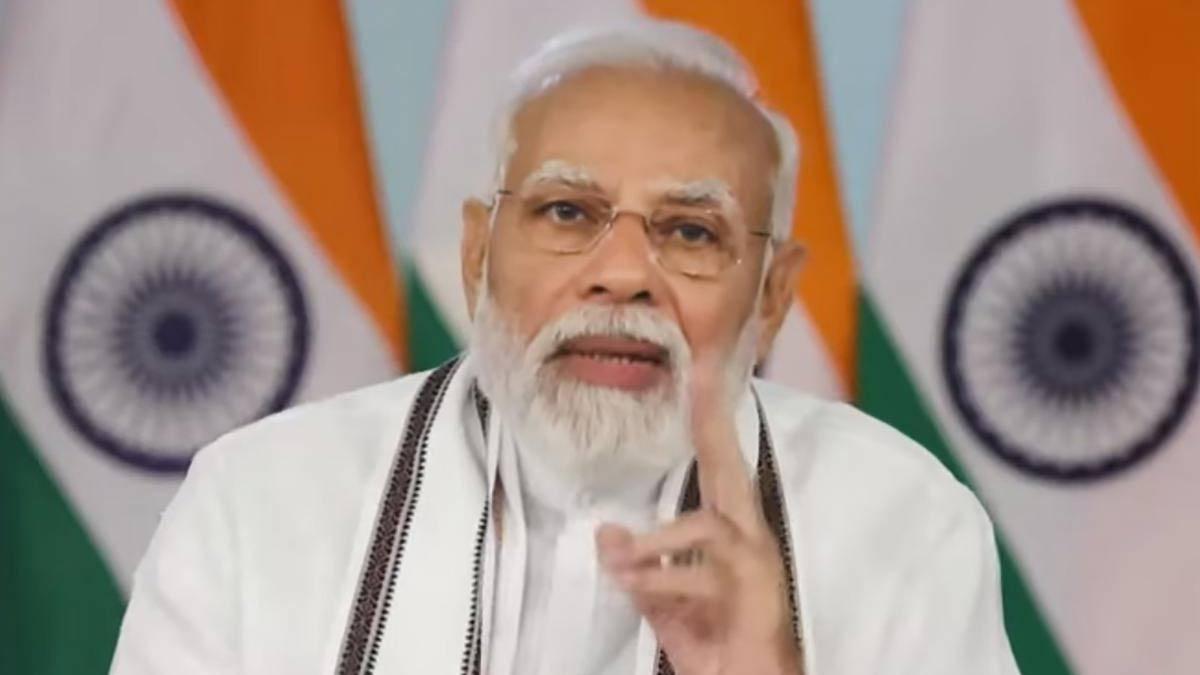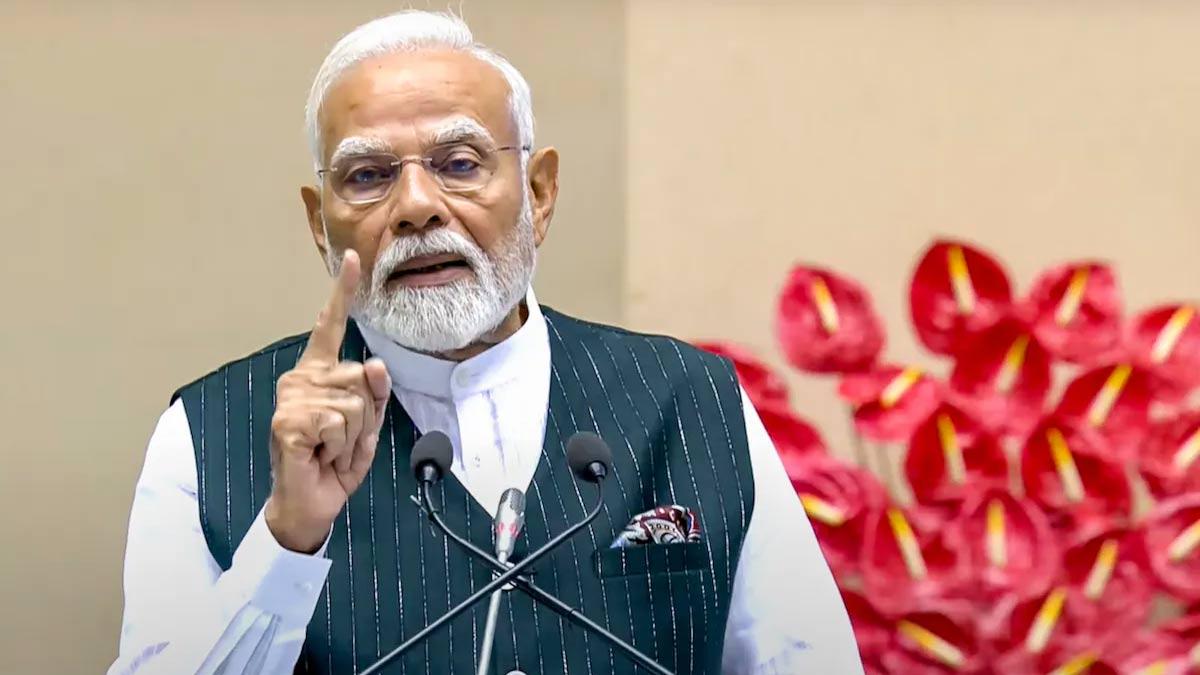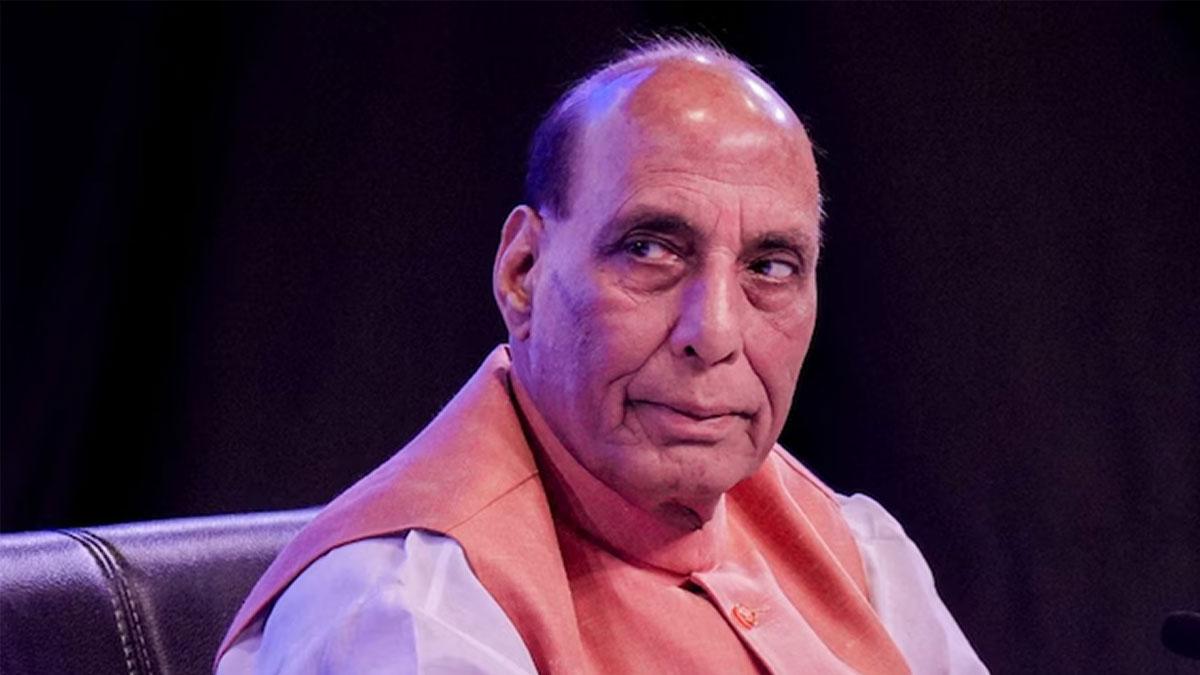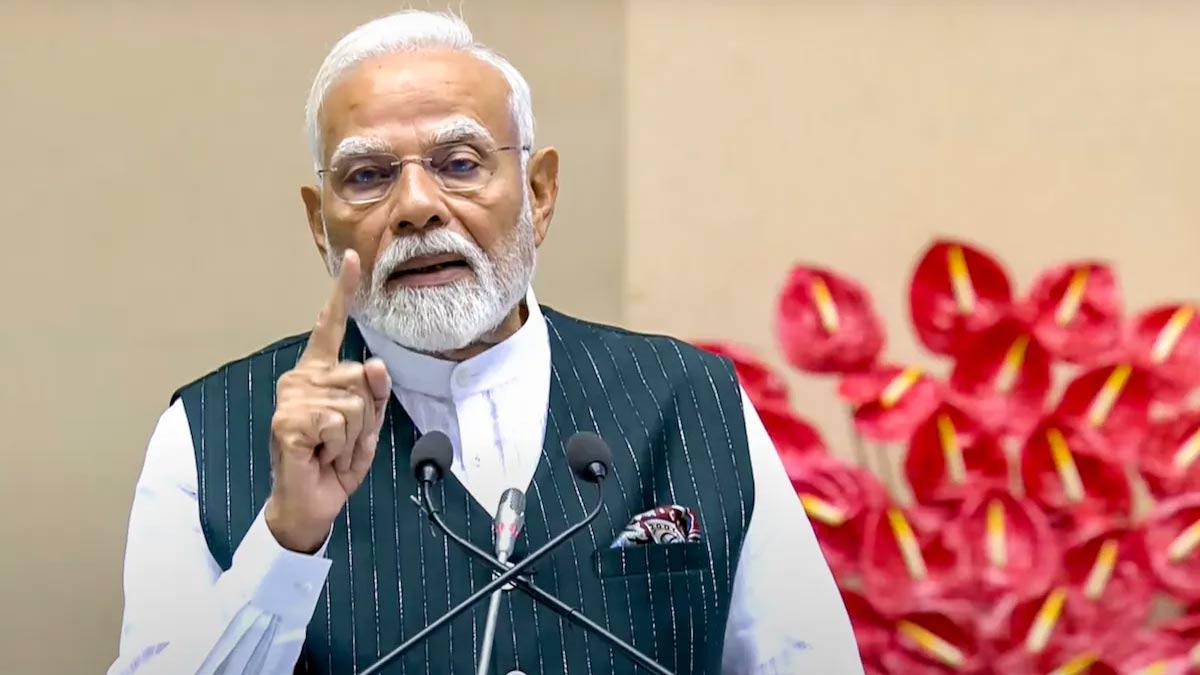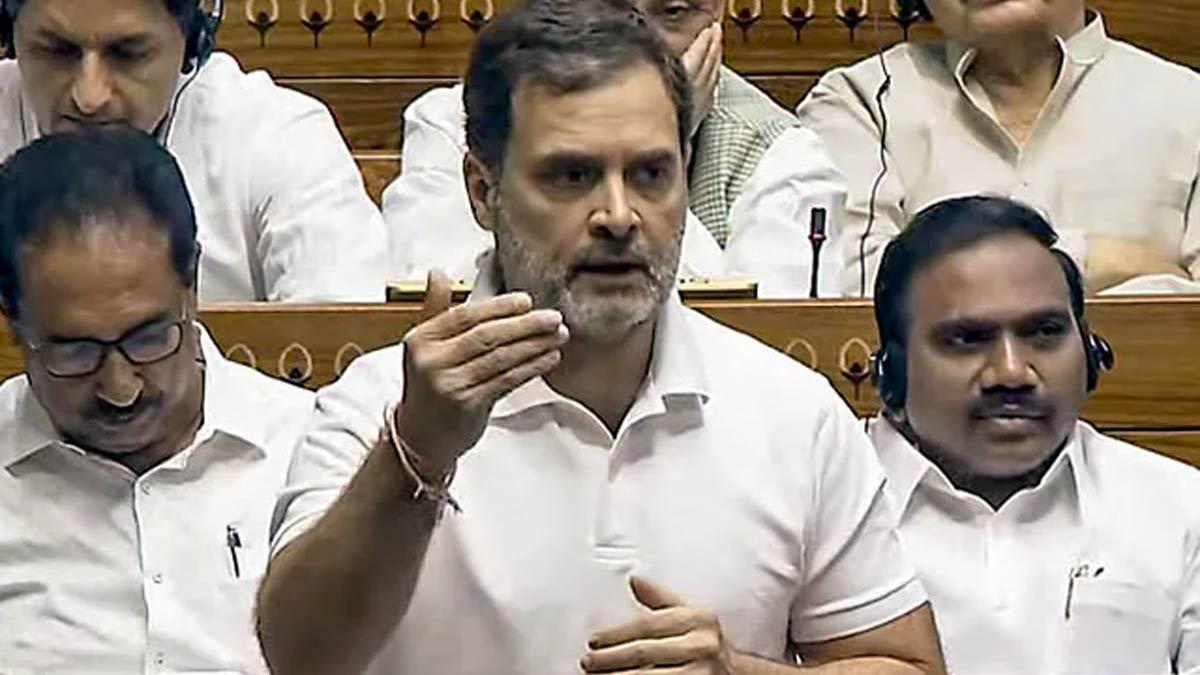During the 119th episode of his monthly radio programme Mann ki Baat, Prime Minister Narendra Modi was in celebratory mood as he marked the incredible feat by the Indian Space Research Organisation (ISRO). He announced that India has achieved a milestone by celebrating a century of satellite launches into space. He also invited the youth to spend a day on science, be like a scientist for a day, and visit places such as research laboratories and space centres.
Referring to cricket as a metaphor, the Prime Minister referred to the current Champions Trophy but quickly moved on to another type of century — a century in space. "The Champions Trophy is underway today, but today I want to discuss a special century India has achieved in space," he said. "India has last month celebrated 100th launch of ISRO. The list of India's achievements in the space arena keeps adding up, from putting Chandrayaan, Mangalyaan, and Aditya L-1 into space to the landmark mission of launching 104 satellites into space."
He also mentioned the increasing role of women scientists working in ISRO's projects, highlighting the fact that the field of space has become more and more popular among the youth. "For the youth who are looking for adventure and meaning in their professional lives, space science is proving to be a great career option," Modi said. Ahead of National Science Day, he suggested an idea called 'One Day As A Scientist', where people are asked to select a day to go to a research institute or a space centre and experience the world of science.".
The Prime Minister highlighted the importance of ISRO's 100th rocket launch, calling it a testament to India's unrelenting passion for pushing the boundaries of space science. In the last decade, ISRO has launched close to 460 satellites, most of which were foreign satellites. The most notable aspect of ISRO's recent achievement has been the growing number of women participating in its space missions, further fueling the nation's space ambitions.
Read also| China Acknowledges India's Growing Influence and Power in Asia

